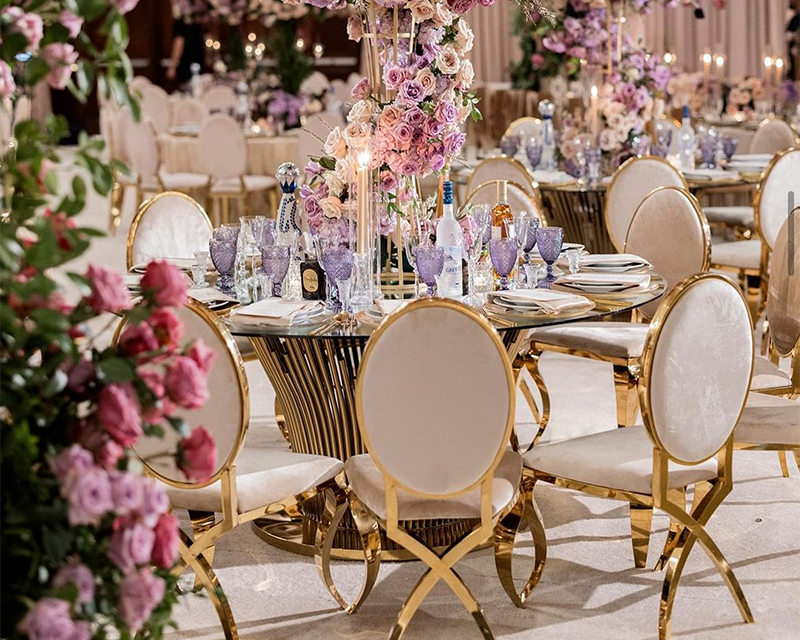There is lead to for alarm in the British fashion market the place inclusivity and better representation carries on to be missing, impacting a loss of opportunity revenue.
The report ‘Representation and inclusion in the fashion industry’, posted by the All-Bash Parliamentary Group for Textiles and Trend, uncovered 68 per cent of people today have professional or witnessed discrimination in the style field dependent on physical appearance or beliefs.
The British vogue business does not go the inclusiveness check.
The report paints a picture that is significantly from the range aims that the process has set by itself for some time.
The report appears to be like at the purpose of the vogue qualified and the impacts which a lack of range and inclusion has, not only on the particular person, but also the economic impacts on the company income of a model and on the wider economic system. The report also offers solutions to address the social, cultural and much-reaching implications of a considerably less inclusive vogue business.
85 percent of respondents do not sense represented
A few critical areas of diversity and inclusion were resolved: incapacity, race and LGBTQ+, when acknowledging the urgent need for more analysis on far more spots. The conclusions show 85 percent of respondents do not feel represented by promotion campaigns, fashion providers or manner reveals, and 83 % stated that the ideological positioning of a brand in terms of inclusiveness has a solid impact in the final decision to buy or minus the products and solutions.
“It is my hope that this paper is read through commonly, each by market and governing administration, and that our suggestions provide as a roadmap in the direction of a more inclusive, representative and successful British isles vogue industry”, stated Dr Lisa Cameron MP, Chair of the All-Social gathering Parliamentary Team for Textiles and Trend.
The study was drafted by members of the Manner Roundtable advocacy team, which supports the manner field and urges the British isles federal government to go in direction of a more representative, equitable and sustainable upcoming.
Royce Mahawatte, professor of cultural studies at Central Saint Martins and co-writer of the report, stated the research only scratched the surface of the dilemma, revealing programs of discrimination and exclusion that are basically a lot further and much more rooted in the fashion industry.
“While I am delighted that we were being equipped to create this bold report, I am also dismayed by the testimonies we have listened to. I hope that both equally the governing administration and sector can use our warnings and check out to handle the imbalances we have encountered by getting further more avenues in this region of research,” claimed Mahawatte.
Lottie Jackson, journalist, incapacity activist and editor of Manner Roundtable mentioned: “For me, the make a difference extends over and above figures and commercial incentives. Accomplishing greater illustration in style is a ethical very important. We should obstacle the systems that notify us, time and time once more, that beauty is uncovered in archetypal norms…True representation is about authenticity, empathy and collaboration. In manner and politics, we need to do every little thing to make sure that a total spectrum of identities are read, valued and showcased in the most inventive of approaches. This is where authentic elegance lies.”
About the All-Bash Parliamentary Group for Textiles and Style
Chaired by Dr Lisa Cameron MP, the team was re-set up in 2018 to advertise the United kingdom manner business, supporting and championing new design, British heritage brands, vogue producing, retail and inventive talent, as properly as enterprise advancement, and trade.
The whole report can be read through here.




